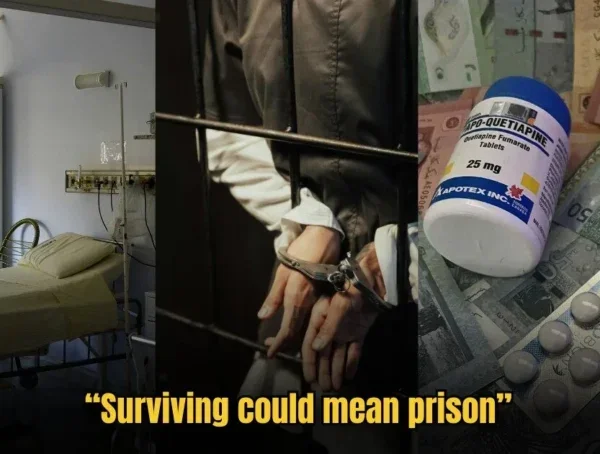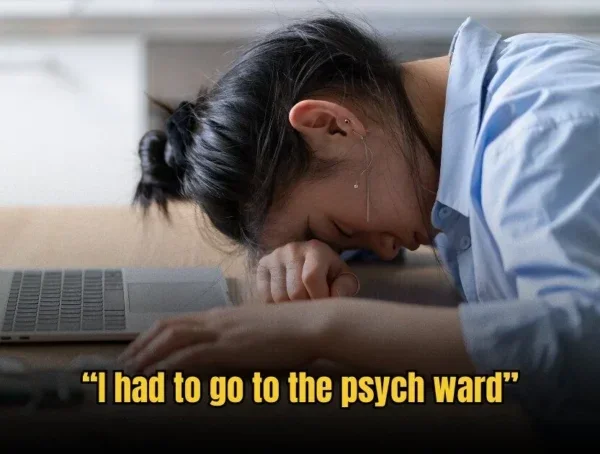This is a user submission to IRL. We do not edit the article beyond ensuring that it complies with the site’s format. We make no guarantees of its accuracy, grammatically or otherwise. The opinions expressed are solely that of the author, and does not necessarily represent the opinions of IRL or its affiliates. Users are advised to read the article at their own discretion.
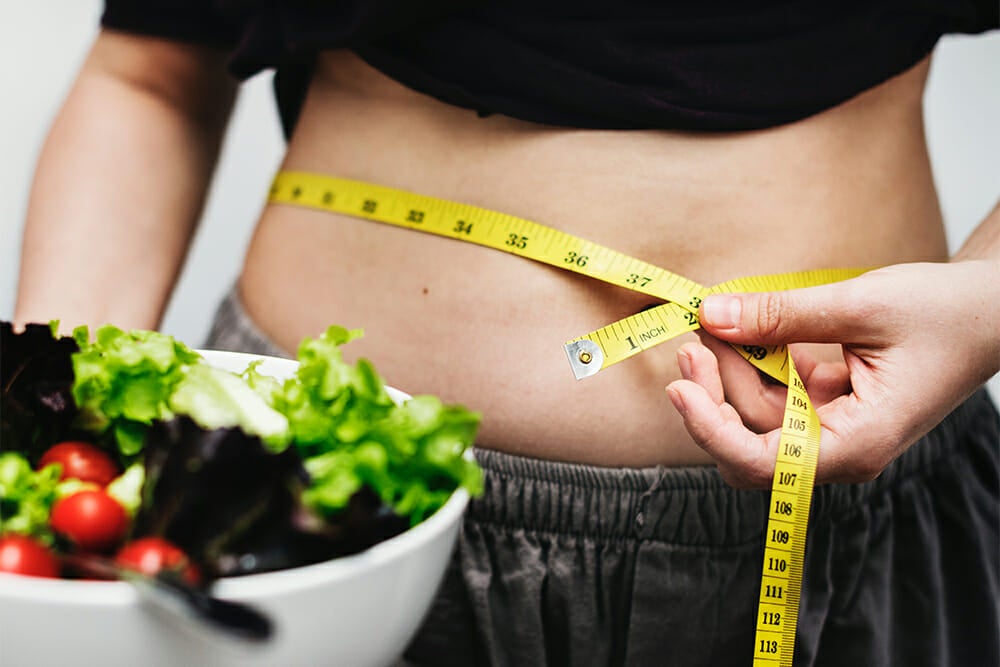
“Did you lose weight? What happened?” Says the friend or family member that hasn’t seen me in a while.
I have lost count of the amount of times I get shamed for being overly skinny.
I am a woman in my mid-twenties. I have been thin since as far back as my memories go. No, I don’t need to eat more. Yes, I eat enough. Yes, I am healthy and I am fine.
I used to see a physiotherapist who was convinced that the solution to my back problem was to gain more weight and build up my muscles.
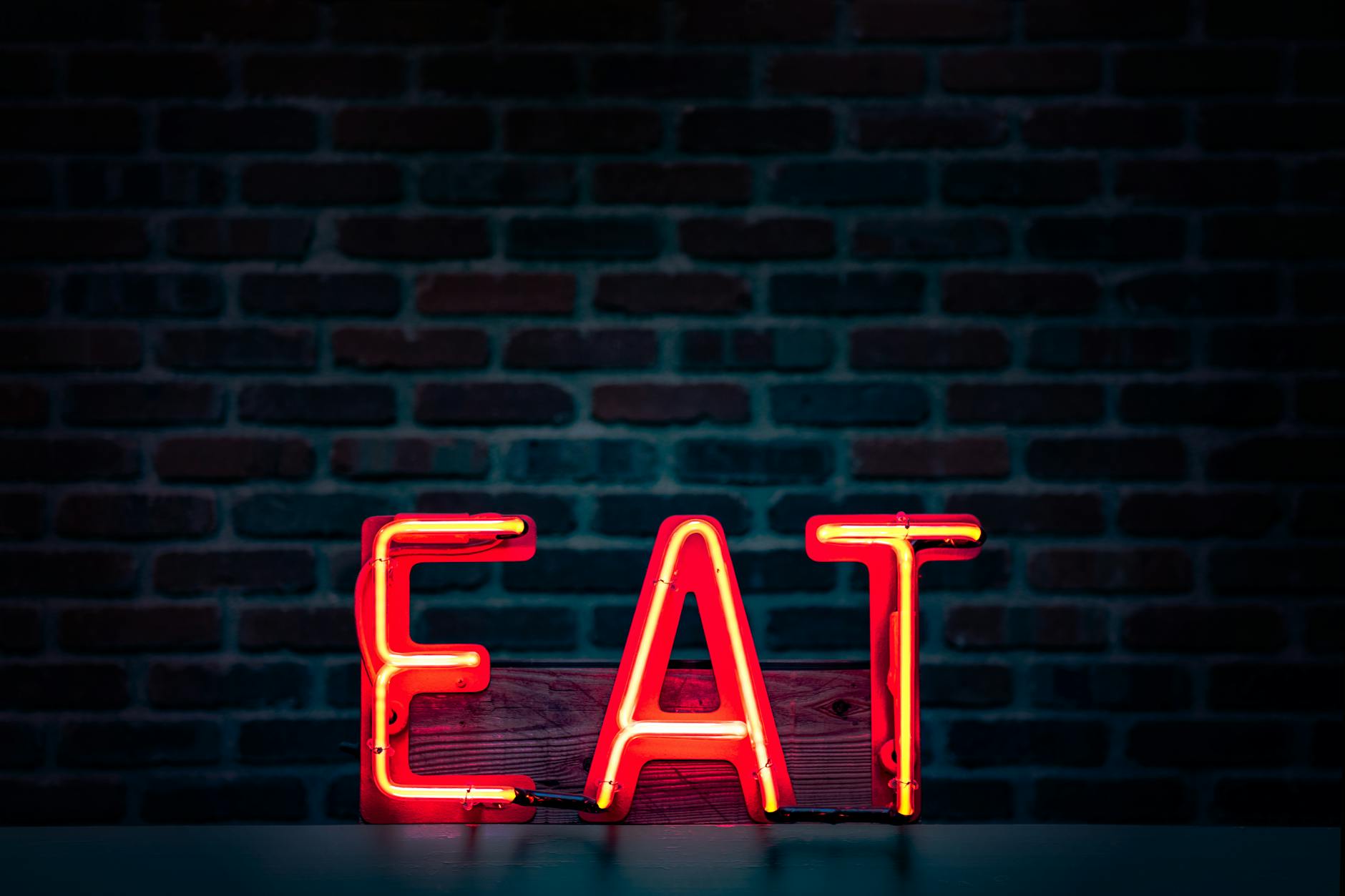
He would constantly remind me to eat more, especially protein. It got to the point of being tiresome and a little aggressive when he started to constantly interrogate if I was eating more meat during every session. I stopped going to therapy when it became a bothersome experience.
It was frustrating because I couldn’t tell my therapist that I had no desire to eat more meat. I eat vegetables most of the time, not out of religious or ethical reasons. I just don’t really like meat. Suffice it to say that it was stressful to have to “eat more meat” when I didn’t want to.
People who criticise my weight don’t realise that I spend a lot of time in the kitchen working up something that I would enjoy eating. Since I live on my own, I prefer cooking simple meals and I hate eating out. The food just doesn’t make me feel as good as the ones I cook for myself.
For the past two years, I started to decide for myself how much I needed to eat instead of relying on any rule of thumb. I find it disrespectful when someone asks me to eat more when they aren’t the ones living intimately with this body. I trust that my body knows what it needs and how much it needs.
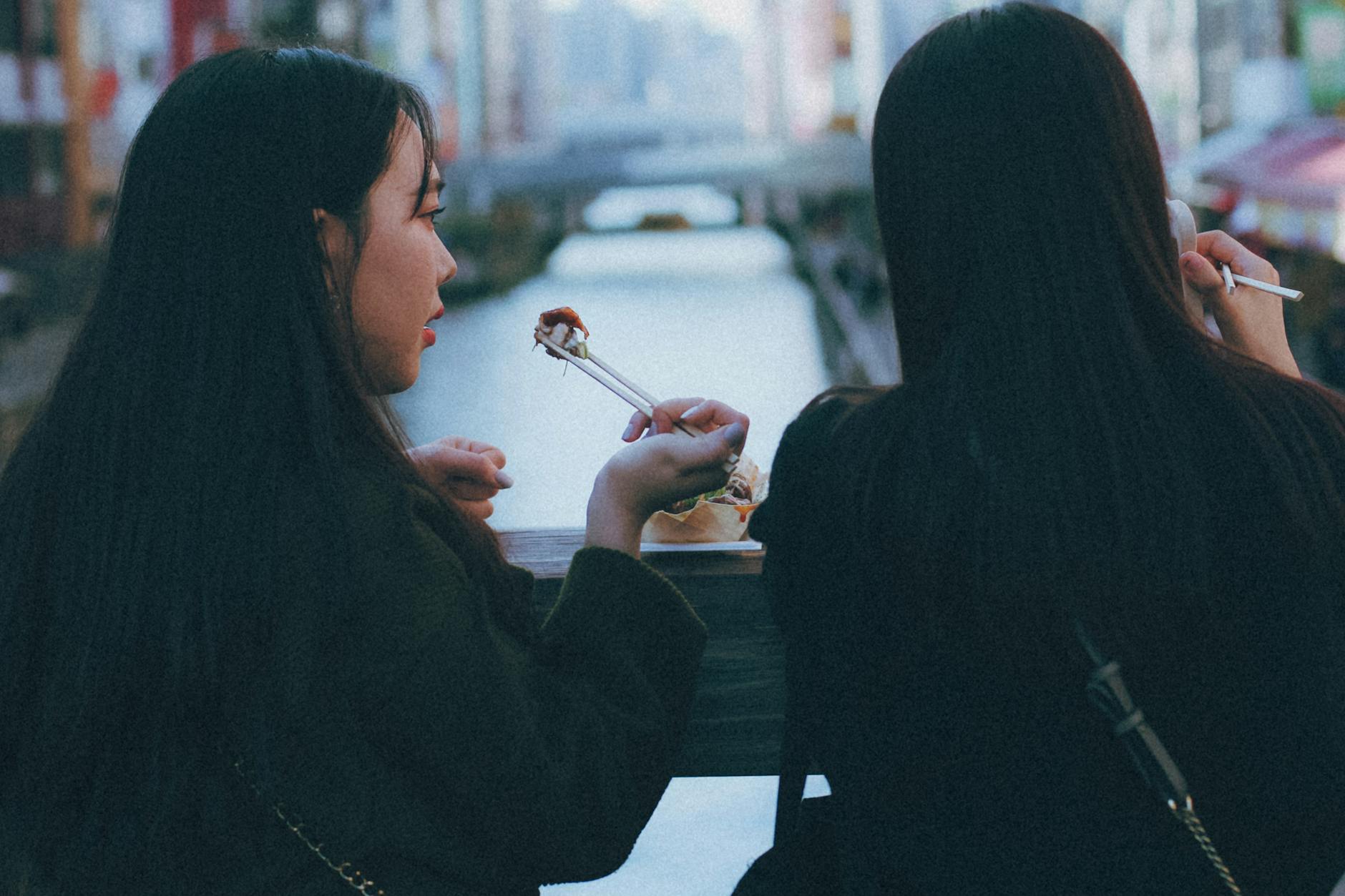
Unfortunately, some people like to meddle in other people’s business. The more authority they have, they harder it is for me to ignore them.
Eating is such a private and personal thing. I have my own preferences, tastes, dislikes, and pleasures. It is not as simple as flicking a switch. It is not even a question of eating more or less. What’s important is to like what you eat and that it makes you feel good.
I resist the challenge to eat more because I don’t want eating to become a chore. I don’t want to be constantly thinking, “Is this going to help me gain weight?”
My personal belief is to eat moderately and to enjoy simply meals. It doesn’t make sense to force down a couple more spoonfuls when my body has no desire for it. After all, am I eating more to look better for others? Am I eating more because they said it’s healthier?
I’ve stopped blindly listening to doctors and family members when they tell me that something is wrong. Recently, I’ve accepted that they can be wrong too. They are only abiding by the norm.
The norm, has other things to say. It say that this body is too skinny. It says that this body is unhealthy. Therefore, it say that this body needs to be corrected. Who is really setting the standards here?
The rigid way that the BMI sorts people into three slots: underweight, normal, overweight, is potentially damaging to those who lie outside of “normal”. It flags them as abnormal and emboldens us to judge when somebody is “too fat” or “too skinny”.
You know the problem is serious when the so-called “skinny” or “fat” people start to shame themselves or each other. This is the way we survive in a society that only values a certain body type.
Being skinny isn’t a problem. It becomes an issue only when people equate it to being unhealthy. And the idea that it is unhealthy, undesirable, or unwanted is a projection made by other people. Often times, people have the most arbitrary or even contradictory standards of what is healthy.
I have been a certain weight since I can last remember. My weight has always fluctuated between that particular number. And yet, I always get asked if I have lost weight. It’s as if they think I have lost weight because I don’t look like what they expect me to look.
It also happens the other way round. Remember my physiotherapist? At some point, he told me that “I looked better because I gained some weight.” He meant that to be a compliment.
This was amusing because I had not tried to eat more, in fact, I made no changes to my eating habit. People will see what they want to see. My therapist wanted to see me “better”, and so I magically became “better”.
Another thing people assume about me is that I eat “very little”. As if, she looks “skinny”, therefore she eats “very little”.
It really does not matter how much I am eating because they will only see something that they think reflects my weight.
We need to stop body shaming people because they deviate from the norm. Different is not bad. Different is just different. It’s really none of anybody’s business anyway.
But, we don’t live in a world where differences are always accepted, do we? And, it doesn’t help to be a woman in this world. Women constantly have to endure their bodies being scrutinized and judged by other people. Young women are especially a target for harsh judgements and criticisms. Let us do what we want with our bodies.
For now, I want to stop looking into the mirror and second guessing myself: am I too skinny? Do I look unhealthy? I want to be confident in my own skin. I want to believe that I’m beautiful the way I am. Cliche as it sounds, easy as it is to say, it’s extremely difficult to embody.
Being comfortable with your own body is one of the healthiest thing you can do for yourself. We shouldn’t live by other people’s views. Neither should we live to please other people.
More from Real Mental Health
“I Was Scared of Waking Up in Handcuffs,” shares Depressed M’sian on Repealed Law
In 2023, Malaysia repealed Section 309, a colonial-era law that made suicide attempts a crime. The change marked a shift …
‘Everyone Saw A Successful Student While I Was Crumbling,’ Shares 22 Year Old Student
This is a story of a 22 year old woman who shared her story as a Straight A’s student as …
5 Harmful Mental Health Myths Malaysians Still Believe
Let’s break down five of the most common myths Malaysians still believe, and why it’s time to let them go.









